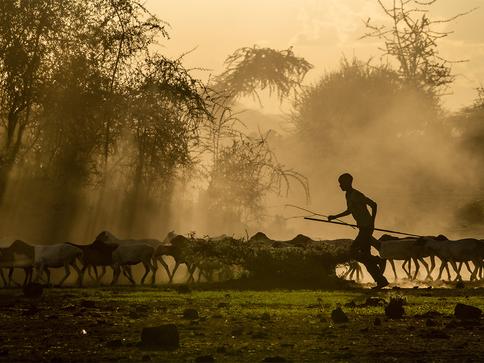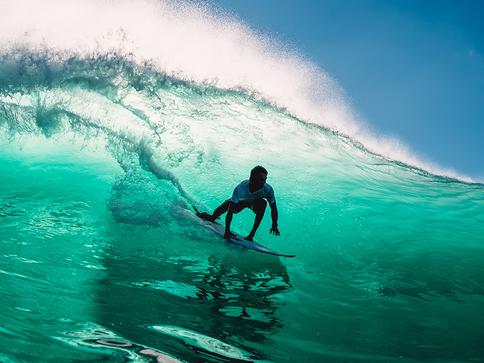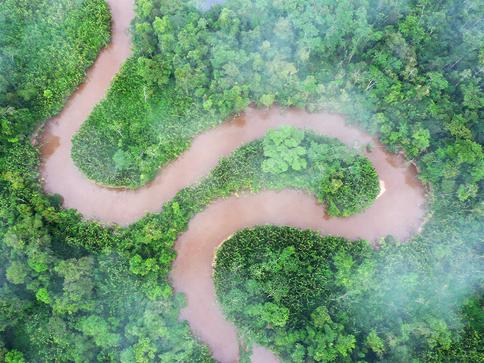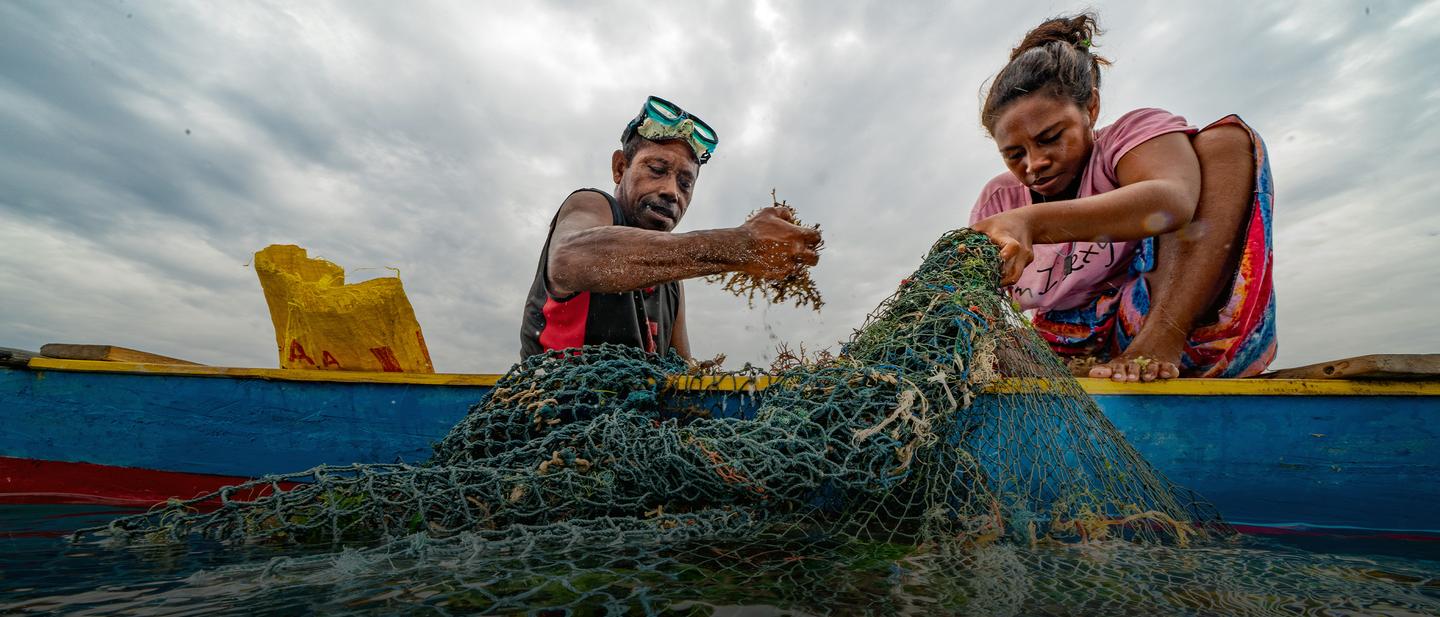THE EARTH WILL KNOW YOUR NAME
Your action today creates real, lasting impact – for nature, for people, for our shared future.

Choose your priority...
Your action today creates real, lasting impact – for nature, for people, for our shared future.

Choose your priority...
We deliver results. Over four decades, we've helped protect 13 million square kilometers of land and sea — an area four times the size of India.

A cloud forest sustains life throughout southern Kenya. Now, local communities are getting paid to maintain it.

Morotai Island is surrounded by one-of-a-kind marine habitats — but its reefs, resources and way of life are in jeopardy. Can local surfers help turn the tide?

A scientific expedition uncovers thousands of reasons to protect the forests of Alto Mayo — and offers a roadmap for the future.
A make-or-break moment
There is no more room for distractions, and no time for delay. There is no one else coming to save us. This is it. We are it. Let’s get to work.”

